There are a lot of anecdotes featuring Hungarian nobleman and leader of a war of independence, Francis II Rákóczi. One says that after Rákóczi escaped from political imprisonment, he pretended to be drunk and sang folk songs, almost falling off his horse. Not only people but folk music also helped him get free, writes ethnographer Gyula Ortutay. Hungarian folk music and folk songs are still a very vivid heritage. Upcoming concert of the Fonó Band on 26 September, bearing the title Witnesses, showcases some of this treasure with the help of masters who keep the traditions alive every day. We were talking to Gergely Agócs, ethnomusicologist and folk musician, leader of the Fonó Band.
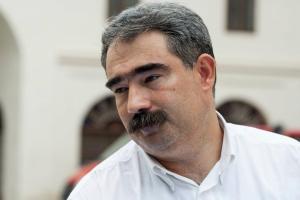
As this Rákóczi anecdote shows, there is a direct relationship between folk music and history.
Yes, that’s true, although we need to admit that the Hungarian way of teaching history still pretty much means that pupils learn a lot about the history of politics but not as much about society. It’s a shame, because sometimes the latter was much more interesting. When we research connections between social history and folk songs, we find a lot in common.
The description of the concert reveals that it is based on the last 100 years since the Treaty of Trianon. How does that period relate to folk music and folk songs?
Hungarian folk songs had a very strong opinion about the treaty and its consequences. Mostly, songs don’t include names, but some do. We have some featuring Masaryk, Miklós Horthy, crown prince Rudolph, king Charles IV, and of course Francis Joseph, too. They were important shapers of 20th century history. But what is even more exciting: how those Hungarians who suddenly became minorities in the newly formed countries reflected on their situation with songs. Some people wouldn’t have bet that Hungarian folk song can survive there, and here it is. It proves that despite all divisions, Hungarians managed to keep their culture.
How were the guest artists chosen? What will they stand for in the show?
They have been the participants of my research. I have collected more than 850 hours of folk music material during the last 35 years, and meanwhile I visited hundreds of places. Some of my memories are unforgettable: the knowledge, arts, intelligence of village women or farm shepherds. I got very close to their culture and education. Yes, it is a very noble form of education when people can remember hundreds of folk songs by heart that they have learned from each other. I knew some tradition-preservers who sang to me more than a thousand songs. I invited those who had a huge impact on me and who showed me incredible versions of Hungarian folk songs. Of course, I couldn’t invite those who meanwhile passed away, unfortunately.
Are they the Witnesses?
Yes, because that’s what they are in their direct surroundings. They stand for culture, education, value system, which was so cherished by Bartók and Kodály.
Are there people who collect folk songs today, too?
I learned a lot of new folk songs in the field and even described types that music folklore wasn’t even aware of. Collection can never stop.
The description also explains that despite all the pain and loss of the Treaty of Trianon, a rich musical culture could be preserved in the regions with huge Hungarian minorities. Isn’t it a difficult political question?
We can have a totally justifiable anger towards the great powers of those times who only followed their interests and thereby destroyed a European state, the Austro-Hungarian Monarchy. Had they kept it, the second world war and its horrors might have been spared. We can be angry, too, for having our Hungarian society cut into pieces, and while they cared about autonomy other times, they just ignored it this time. Also, our anger towards the abusers of political power in the successor states is equally justified. But we have no reason to be angry with the neighbouring nations: the Slovaks, the Romanians, the Ukrainians, the Serbs, the Croats. Anger is not our friend anyway. We should look in the future and ask ourselves how our coexistence with these nations could continue. Hungarian minorities should have equal cultural, economic and political rights as anyone in Hungary or the majority population of their current homeland.
What can the audition expect from this concert?
Our guest performers not only play their traditional melodies – we could easily do that without them. They bring such an emotional surplus though that no one else could. They were born into a certain culture, and they didn’t learn the folk song as part of any music school or traditionalist movement, not even from an intellectual urge, but because it has been part of their life. Singing songs was like any everyday activity for them, and it’s a completely different experience of music from, for instance, ours as a folk band who, to quote Kant, present it to the world on the basis of some categorical imperatives.
Interview: Anna Rácz
Translation: Zsófia Hacsek




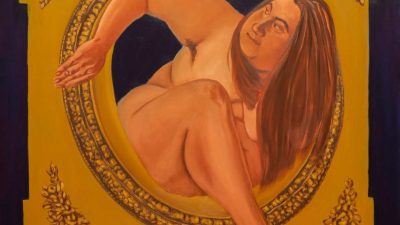
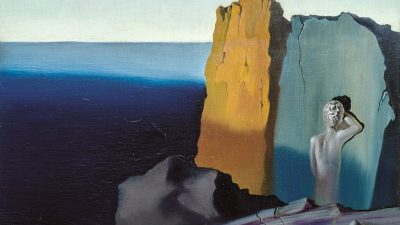



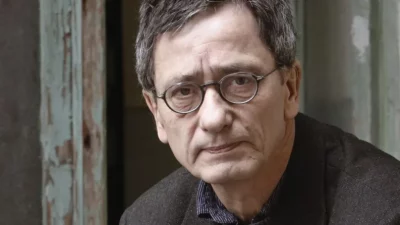




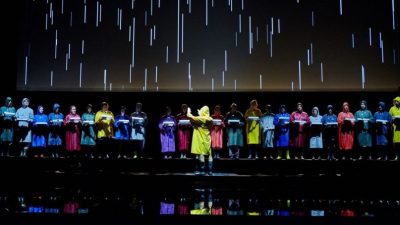





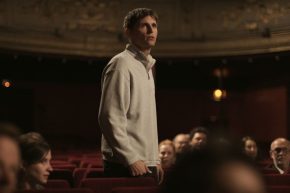




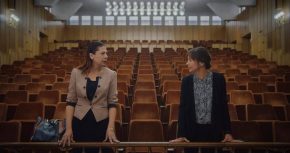
Comments